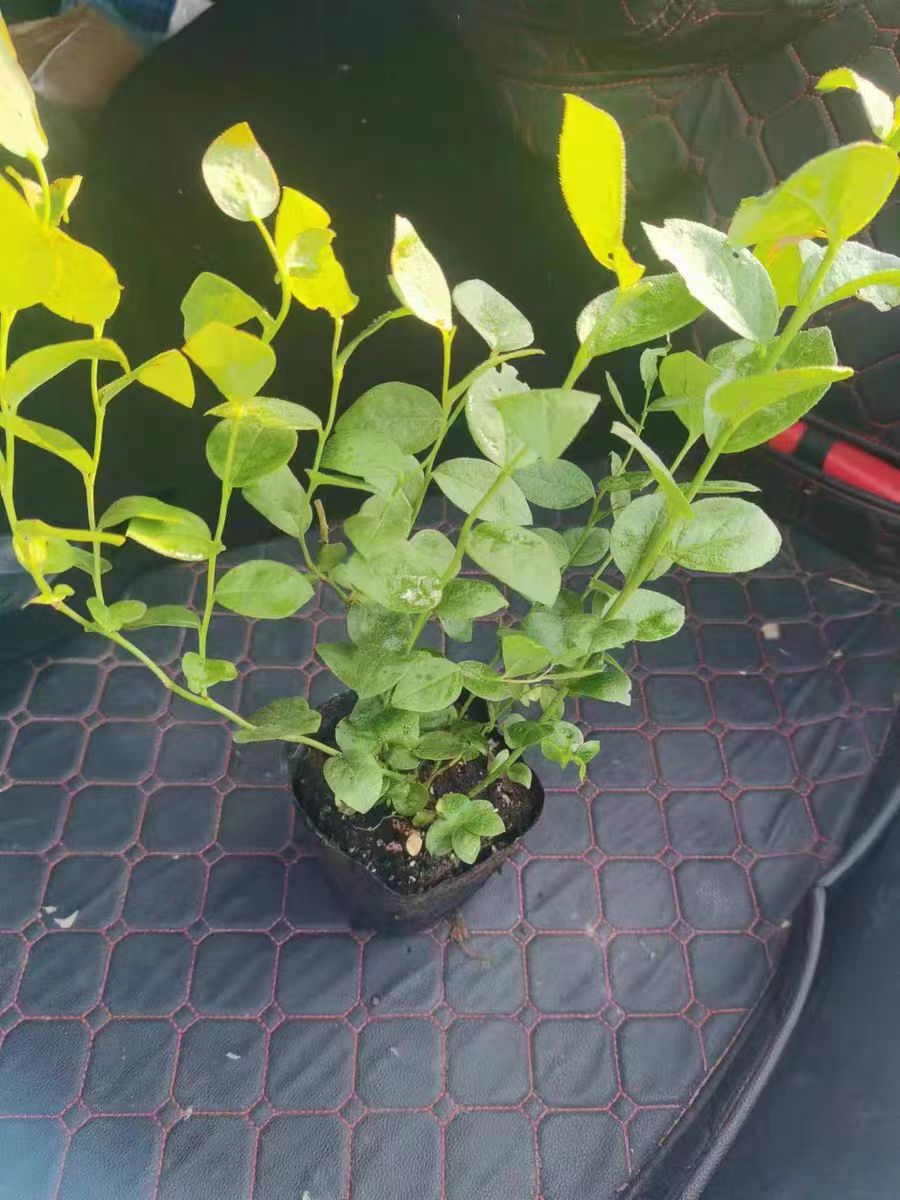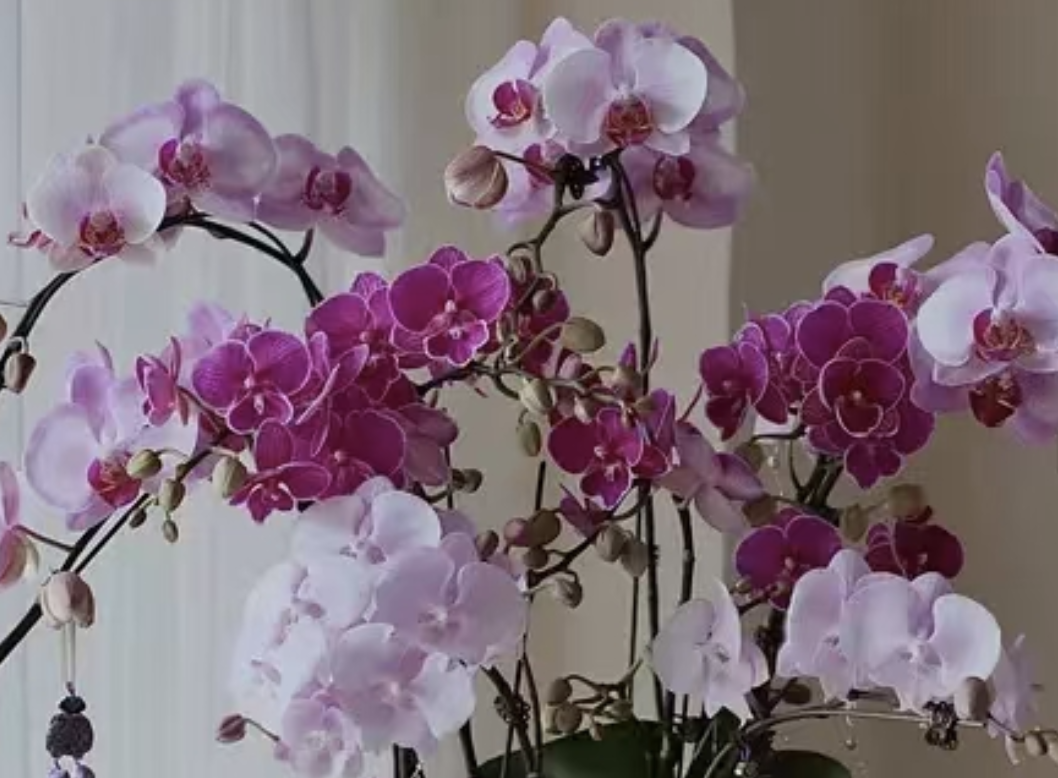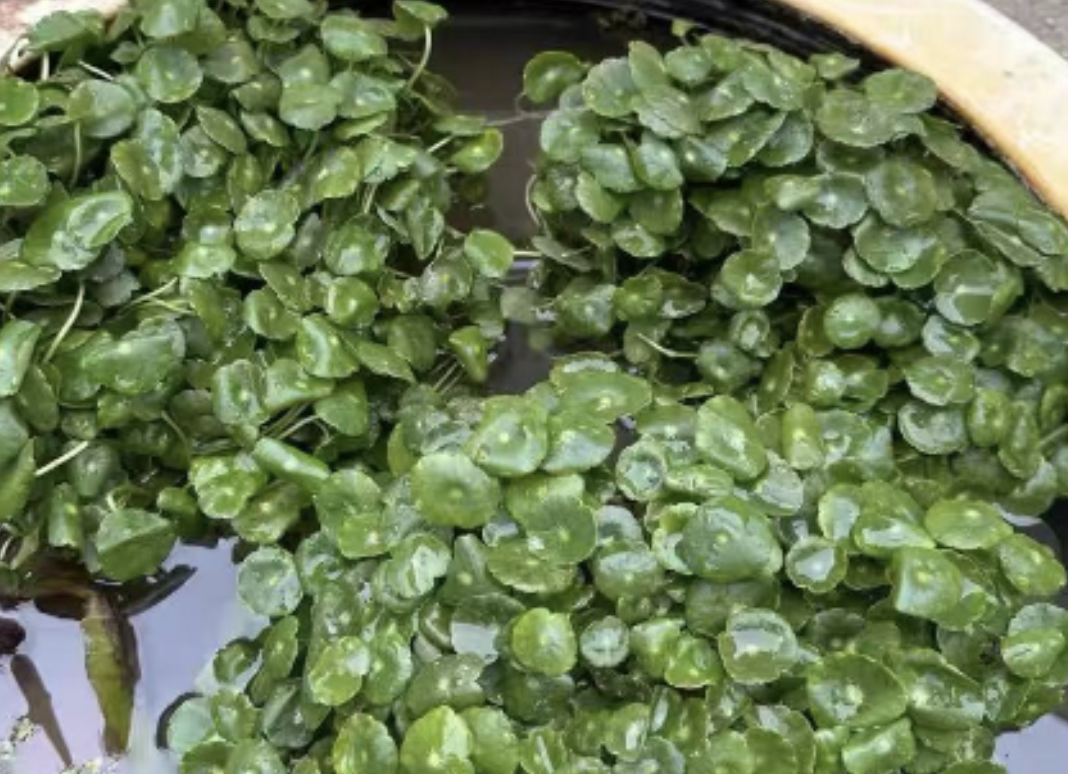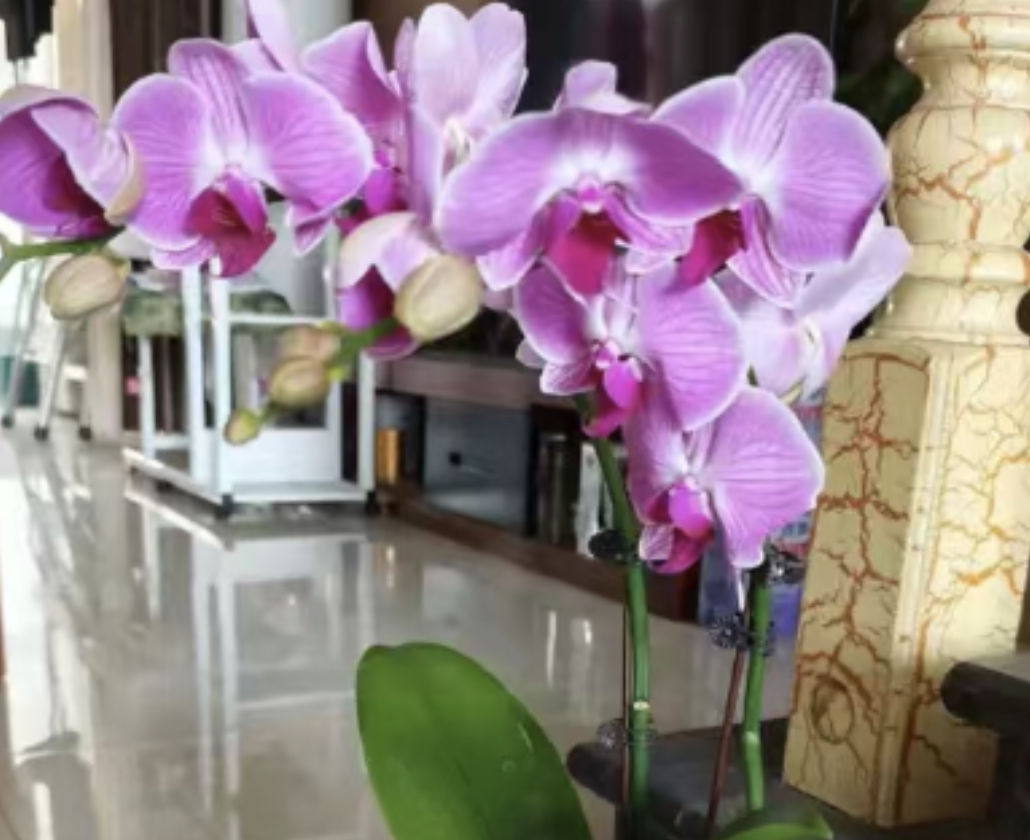Planting a few pots of blueberries on the balcony or in a small courtyard allows you to enjoy both flowers and fruits, making it a perfect family hobby. With so many blueberry varieties available, how should ordinary families choose? Today, we’ve selected five classic varieties that are easy to grow and highly productive, explaining their characteristics so even beginners can understand them effortlessly.
Bluecrop
Bluecrop is a popular choice for potted plants in northern regions. Although the plant can grow tall, its height can be controlled through pruning, making it suitable for balcony gardening. It is not picky about soil—just ensure it is loose, breathable, and slightly acidic. For example, a mixture of leaf mold and pine needles works well. The fruits are large and sweet, with a well-balanced sweet-tart flavor, making them delicious for fresh consumption or making jam. It is highly cold-resistant and can be placed in a sheltered outdoor spot in winter without needing to be moved indoors. Remember to place it in a sunny location, water only when the soil is dry (avoid waterlogging), and use acidic organic fertilizers such as decomposed sheep or rabbit manure.
Reka
If you have a small balcony, Reka is an excellent choice. It has a compact shape and does not grow tall, making it ideal for small spaces. It is also cold-resistant and can safely overwinter in northern regions with low temperatures. The fruits are medium-sized, with a smooth pulp and a fresh fruity aroma, offering a great taste when eaten fresh. To grow it, maintain soil acidity by regularly adding sulfur powder or watering with fermented rice-washing water. Avoid overwatering—keep the soil slightly moist. Apply compound fertilizer during the growing period and supplement with phosphorus-potassium fertilizer before flowering (e.g., diluted potassium dihydrogen phosphate) to promote more flowers and fruits.
O’Neal
O’Neal is a great partner for southern families, thriving in warm and humid environments that match the southern climate. It has many branches and can form a beautiful shape with minimal pruning, producing small white flowers in spring. When ripe, the fruits are orange-blue, with soft pulp, abundant juice, and high sweetness, tasting like fruit candy when eaten fresh. In southern regions with heavy rainfall, use a well-draining flower pot and add ceramic pellets at the bottom to prevent root rot. Water more frequently in summer, spray water on the leaves in the morning and evening to increase humidity, and provide shade at noon to avoid scorching the leaves.
Misty
If you want to avoid worrying about pollination, Misty is the most hassle-free choice—it can self-pollinate and bear fruits, so a single pot can be full of berries. With a medium-sized plant, it has loose soil requirements—just ensure the soil is loose and breathable. Novices can easily prepare the soil by mixing leaf mold with river sand. The fruits are dark blue, with firm pulp and a moderate sweet-tart flavor, lasting a long time in the refrigerator and suitable for fresh eating or baking. Daily care is simple: water when the soil is dry (avoid drought or waterlogging), apply thin fertilizer during the growing period (e.g., decomposed rice-washing water or blueberry-specific fertilizer), and in southern winters, it can overwinter outdoors without additional warmth.
Duke
Whether you live in the south or north, Duke is a reliable choice, being cold-resistant, drought-tolerant, and highly adaptable. With a compact plant shape, it fits on balconies and windowsills. The fruits ripen early, allowing you to enjoy homegrown blueberries half a month earlier than other varieties. The fruits are large, with firm pulp and a balanced sweet-tart taste. While it is not picky about soil, it grows better in acidic soil. Place it in a sunny location, water carefully to avoid wetting the flowers and leaves (to prevent diseases), and perform simple pruning during the growing period by cutting off weak and crossing branches to allow sunlight to reach the inner branches.
By choosing the right variety and providing simple care, your potted blueberries can bear fruits every year, serving as both ornamental green plants and a source of fresh fruits. Hurry up and pick a favorite variety to try!
What are the blueberry varieties suitable for potted plants?

Share with
Tagged in :




Leave a Reply